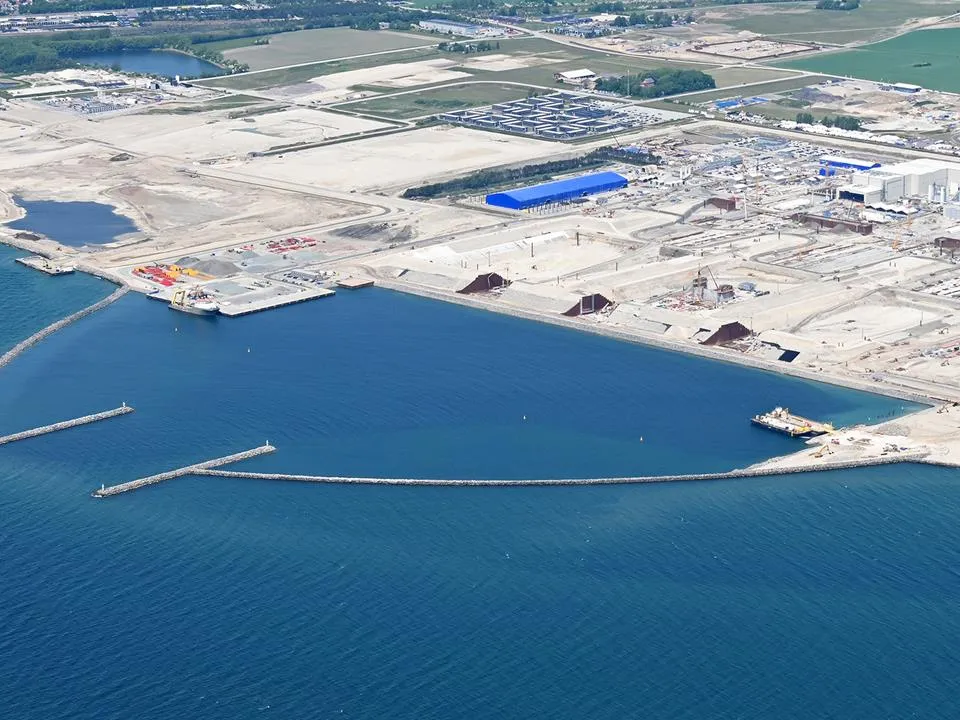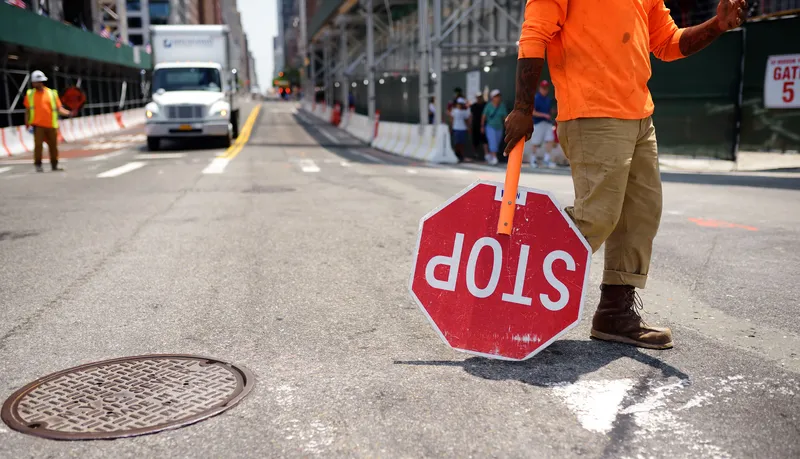
Construction of the €7 billion (US$8.21 billion) Baltic Sea tunnel has begun on the German side of mega-project that will connect the Danish capital Copenhagen and Hamburg.
The tunnel will run between Lolland, Denmark’s fourth largest island, and the German island of Fehmarn off the eastern coast of Germany’s Schleswig-Holstein state.
The Fehmarn Belt Fixed Link will drastically cut road and rail train journey times between the two cities when it is completed in 2029. Government and construction officials met near the village of Puttgarden on Fehmarn for a sod-turning ceremony. Work has already started on the Danish side, on the island of Lolland.
Danish firm Femern A/S, in charge of the project, says it will be the world's longest road and rail tunnel. Cars will take an estimated 10 minutes and trains seven minutes to go through the 18km tunnel.
The tunnel will consist of 79 standard 217m-long elements around 10m high with two highway tubes, one emergency tube and two rail tubes. There will be 10 service elements, each 85.7m-long but both wider and higher and with a subfloor to house technical and servicing equipment. The deepest section of the Fehmarn Belt Trench, into which the tunnel elements will be laid, will be 35m.







